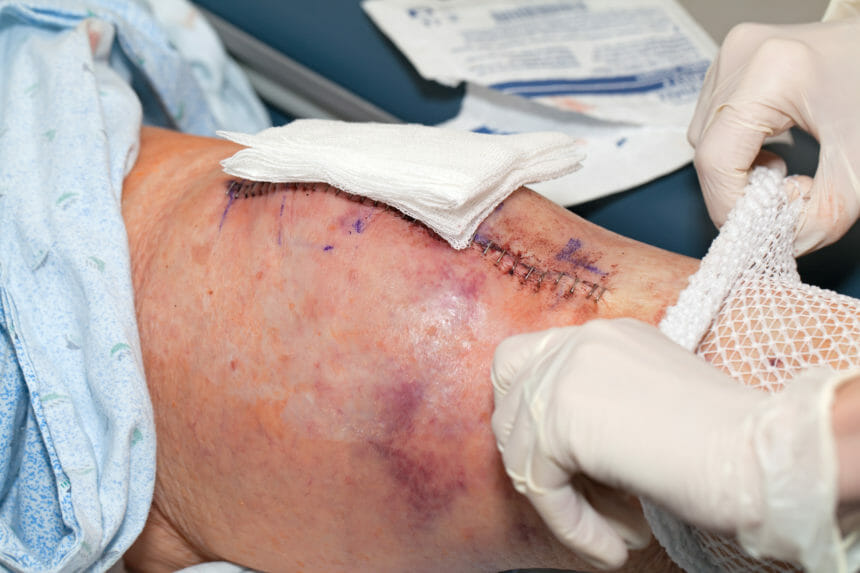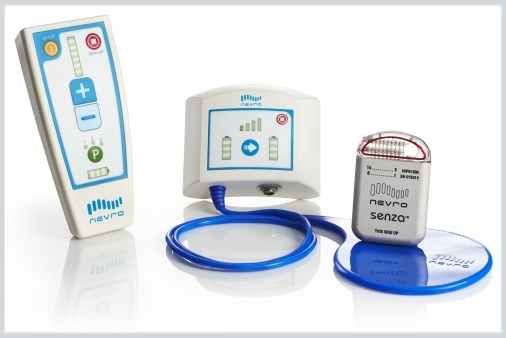Patients with persistent pain 12 months after total knee arthroplasty (TKA) seemed to have delayed pain relief at 5 to 7 years after surgery. These findings, from a longitudinal study, were published in Clinical Orthopedics and Related Research.
This analysis was a follow-up which combined quantitative and qualitative long-term data. A subgroup (n=45) from a study of patients (N=202) who underwent TKA in Norway and reported no improvement in pain at 12 months post-TKA who also attended follow-up at 5 to 7 years (n=23) were included in this analysis. Participants were assessed for pain using the Brief Pain Inventory (BPI) and underwent a semistructured interview.
The original study sample, patients who did not improve by 12 months after surgery, and the participants who attended the 5-7-year follow-up were aged mean 68±9.2, 67±10.9, and 66±9.8 years; 68%, 67% and 57% were women; and 26%, 33%, and 26% had chronic illness, respectively.
Compared with baseline, pain interference with walking was no different at 12 months (β, 0; P =.27) but had significantly decreased by 5 to 7 years (β, -2; P =.004). Similarly pain with daily activity did not differ at 12 months (β, 0; P >.99) but was significantly reduced by 5 to 7 years (β, -3; P =.002). Conversely, average pain decreased at both 12 months (β, -1; P =.03) and 5 to 7 years (β, -2; P <.001).
During the interview, 3 main themes were identified: Patients experienced persistent limitations after TKA, they regained their wellness over time, and physical challenges were complex.
Most participants (n=21) expressed they had struggled every day after their TKA procedure. Pain typically was brief and associated with certain movements, such as walking downhill or downstairs.
All participants indicated their wellness improved with time. They slowly regained function, had less pain, and used rescue medication for acute pain less frequently. Many stated that they started to feel improvement more than 2 years after their surgery.
Most participants explained that they had other physical challenges such as comorbidities or chronic diseases. These other factors seemed to complicate the healing process and disturbed the participant’s focus on improving their knee.
This study may have been limited by using the BPI score which is not a disease-specific scoring instrument.
These data indicated that most patients who still experienced pain 12 months after TKA likely will have decreased pain at 5 to 7 years after their operation. Clinicians should be aware that a portion of patients undergoing TKA may have delayed pain relief and should counsel their patients such that they have realistic expectations of surgical outcomes.
Reference
Sellevold VB, Steindal SA, Lindberg MF, et al. Many patients with persistent pain 1 year after tka report improvement by 5 to 7 years: A mixed methods study. Clin Orthop Relat Res. Published online March 21, 2022. doi:10.1097/CORR.0000000000002183






